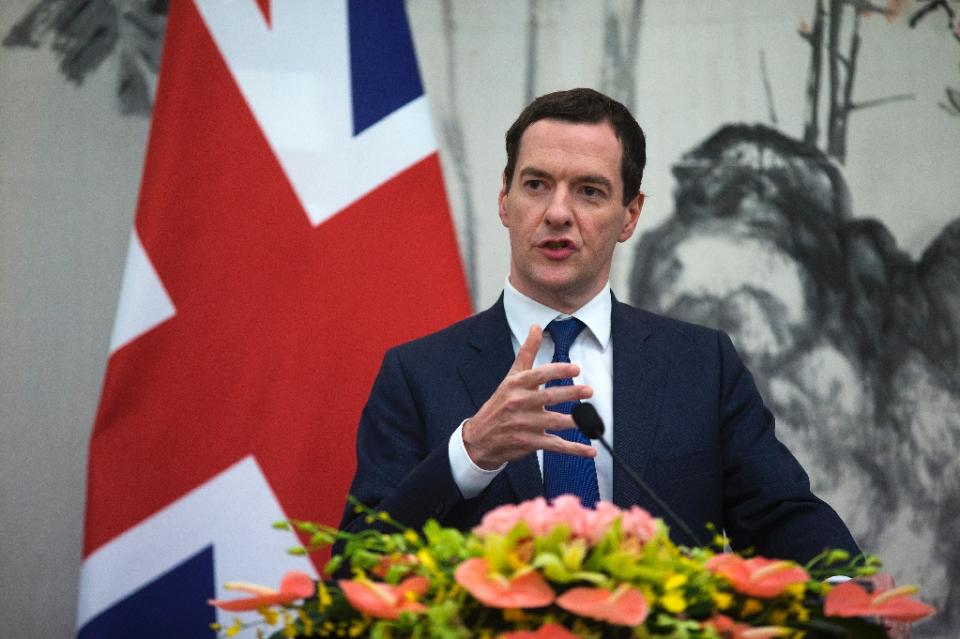Tokyo (AFP) - 'Japan said Tuesday its bid to build a major railway in Indonesia had been rejected with China instead to be awarded the project, slamming the decision as "extremely regrettable".
China and Japan had for months been vying to build a new railway in Indonesia, as Asia's two biggest economies increasingly battle for influence across the region.
Indonesia had originally invited bids for its first high-speed railway between the capital Jakarta and the mountain-fringed city of Bandung, but unexpectedly changed plans this month and opted instead for a cheaper and slower option on the same route.
China and Japan submitted new proposals. But Japan's top government spokesman Yoshihide Suga said an Indonesian government envoy had informed him Tuesday that Tokyo's bid had been rejected.'
it will cut through the slums in jakarta.....accidents waiting to happen.

China and Japan had for months been vying to build a new railway in Indonesia, as Asia's two biggest economies increasingly battle for influence across the region.
Indonesia had originally invited bids for its first high-speed railway between the capital Jakarta and the mountain-fringed city of Bandung, but unexpectedly changed plans this month and opted instead for a cheaper and slower option on the same route.
China and Japan submitted new proposals. But Japan's top government spokesman Yoshihide Suga said an Indonesian government envoy had informed him Tuesday that Tokyo's bid had been rejected.'
it will cut through the slums in jakarta.....accidents waiting to happen.









